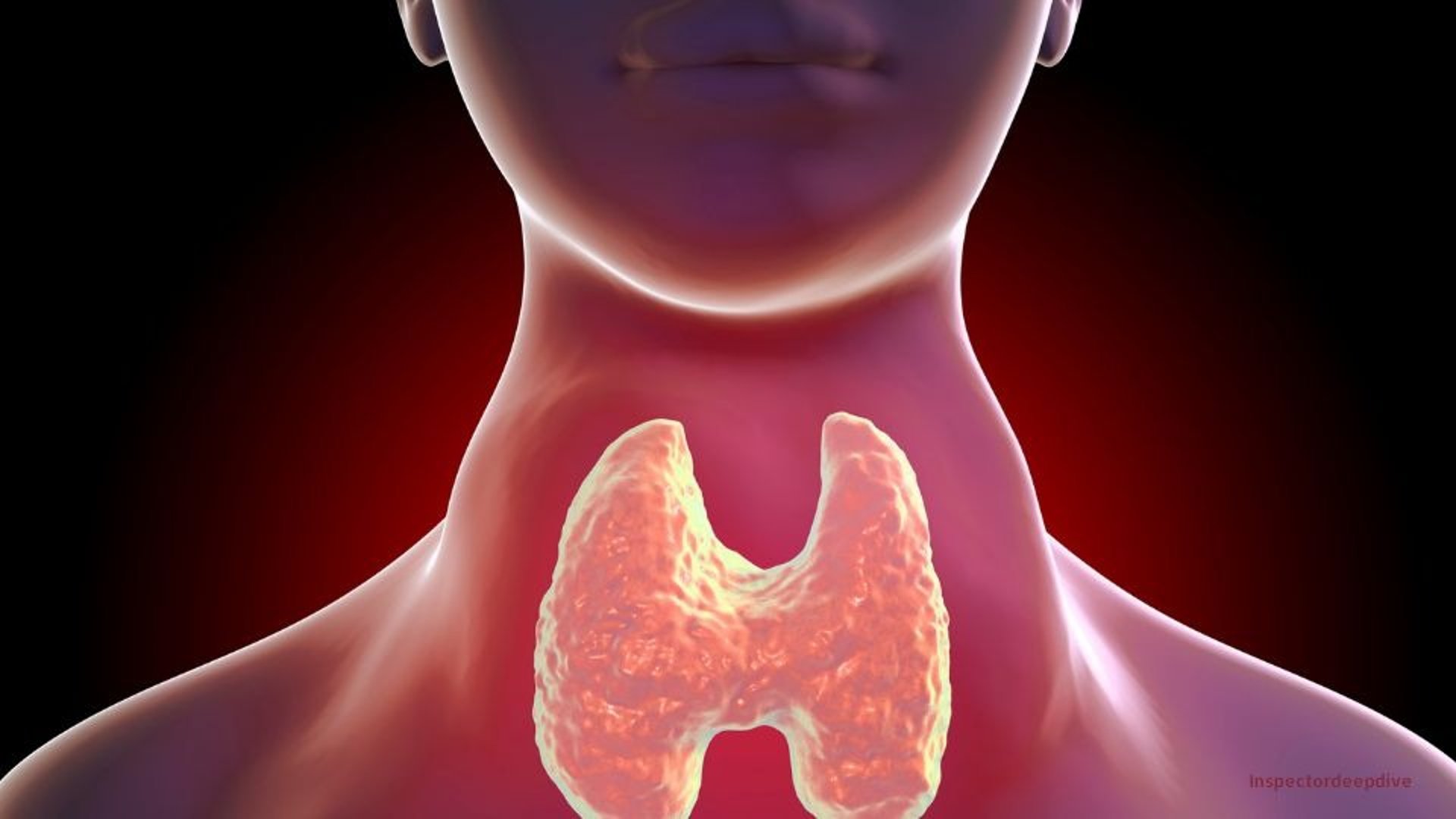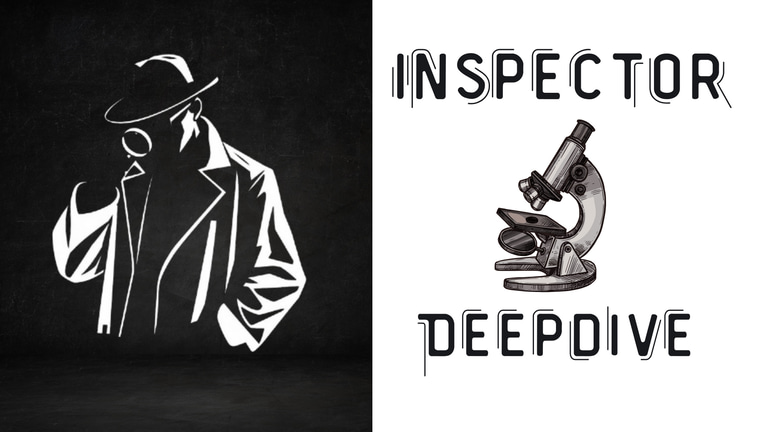Goiters Explained: Supporting Thyroid Function and Thyroid Health

Goiters Explained: Supporting Thyroid Function and Thyroid Health
What Is a Goiter?
A goiter is swelling of the thyroid gland. It may appear as a lump in the neck. It can be even (diffuse) or have lumps (nodular). Common causes include:
Lack of iodine in the diet.
Autoimmune conditions, where the body attacks the thyroid.
Changes during pregnancy or other hormone shifts.
Exposure to certain chemicals or medicines.
Symptoms may include neck swelling, tiredness, weight changes, or trouble swallowing. Tests like blood work or ultrasound can help diagnose it.
What Causes Goiters?
Goiters happen when the thyroid gland becomes overworked or doesn’t function properly. One of the most common causes is a lack of iodine in the diet.
Iodine Deficiency:
Your thyroid needs iodine to make thyroid hormones. If you don’t get enough iodine from your food or water, the thyroid gland has to work harder to produce these hormones. Over time, this extra effort can cause the gland to swell and form a goiter.
Other Causes:
While iodine deficiency is the most common cause, goiters can also develop due to other reasons, such as:
Hypothyroidism: When the thyroid doesn’t produce enough hormones.
Hyperthyroidism: When the thyroid produces too many hormones.
Thyroid Nodules: Lumps or growths on the thyroid gland.
Autoimmune Disorders: Conditions like Hashimoto’s disease or Graves’ disease can affect the thyroid.
What Does a Goiter Look Like?
A goiter usually appears as a visible lump or swelling at the base of the neck. In some cases, it might not be noticeable but can cause symptoms like:
A feeling of tightness in the throat.
Difficulty swallowing or breathing.
Hoarseness or a cough.
Fatigue or weight changes (if hormone levels are affected).
How Are Goiters Treated?
The treatment for a goiter depends on its cause and size. Here are some common approaches:
Iodine Supplementation: If the goiter is caused by iodine deficiency, adding iodine to the diet through iodized salt, seafood, or supplements can help shrink the goiter.
Medications: Hormone replacement medications may be prescribed if the goiter is caused by an underactive thyroid (hypothyroidism).
Surgery: If the goiter is very large, uncomfortable, or interfering with breathing or swallowing, doctors may recommend removing part or all of the thyroid gland.
Radioactive Iodine Therapy
This treatment is used to shrink the thyroid gland in cases of hyperthyroidism.
Why Fortified Salt Helps Prevent Goiters
One of the biggest breakthroughs in preventing goiters was the introduction of iodized salt . By adding iodine to table salt, public health officials have been able to drastically reduce the number of people suffering from iodine deficiency and goiters.
For example:
Before iodized salt became common, goiters were much more widespread, especially in areas where soil and water lacked iodine.
Today, thanks to fortified salt, goiters are rare in many parts of the world.
Fun Fact About Goiters
Did you know that goiters have been around for thousands of years? Ancient texts and medical writings describe people with swollen necks, and back then, doctors didn’t fully understand what caused them. It wasn’t until the 20th century that scientists discovered the link between iodine deficiency and goiters.
The Bottom Line
A goiter is a swollen thyroid gland, often caused by a lack of iodine or other thyroid-related issues. While it’s not usually dangerous on its own, it can lead to health problems if left untreated. Thanks to fortified foods like iodized salt, goiters are now much less common than they used to be. So, next time you sprinkle a little salt on your food, remember—it’s not just tasty; it’s helping keep your thyroid healthy!
info@inspectordeepdive.com
© 2025 food.InspectorDeepDive.com. All rights reserved. Content may not be copied or republished without permission.
This article is for informational purposes only. InspectorDeepDive.com does not provide medical advice. Always consult a licensed healthcare provider before making dietary or health decisions.
